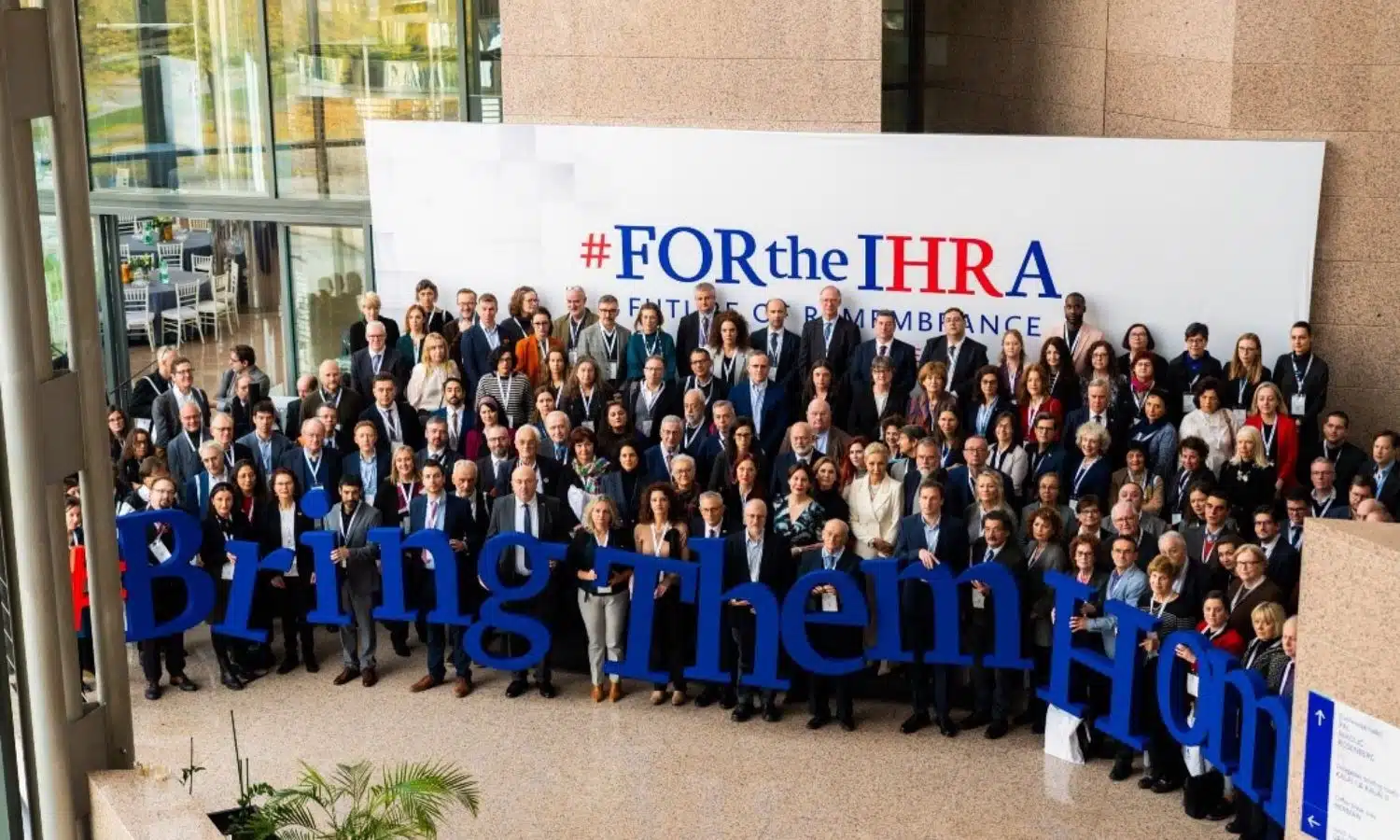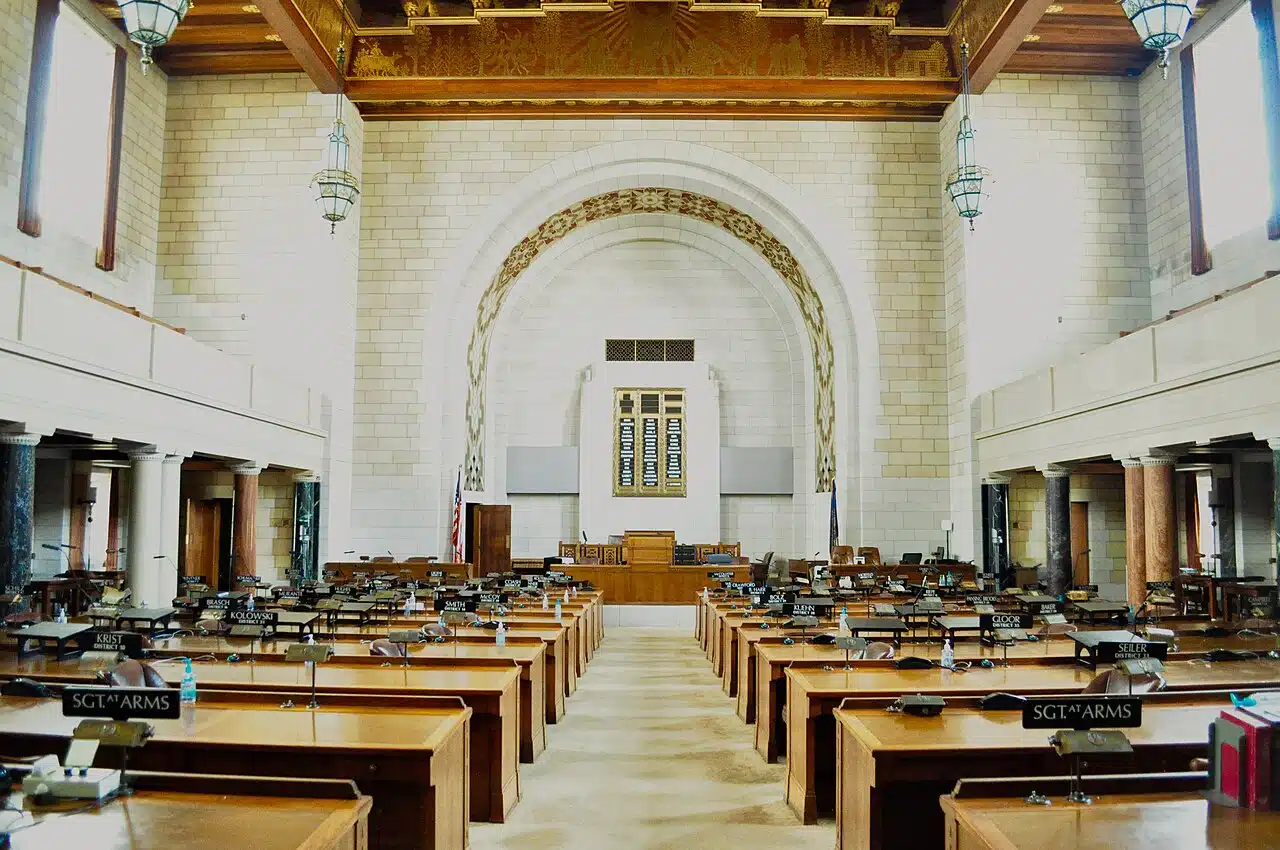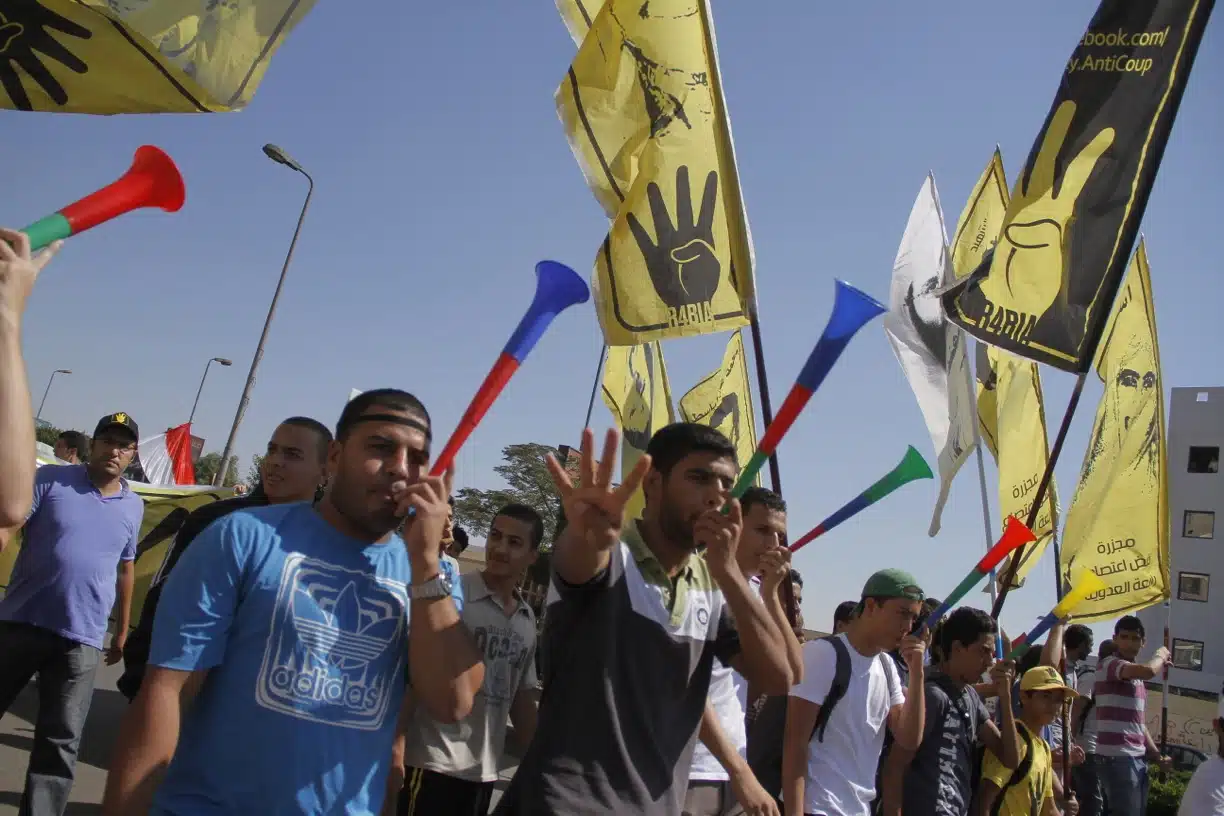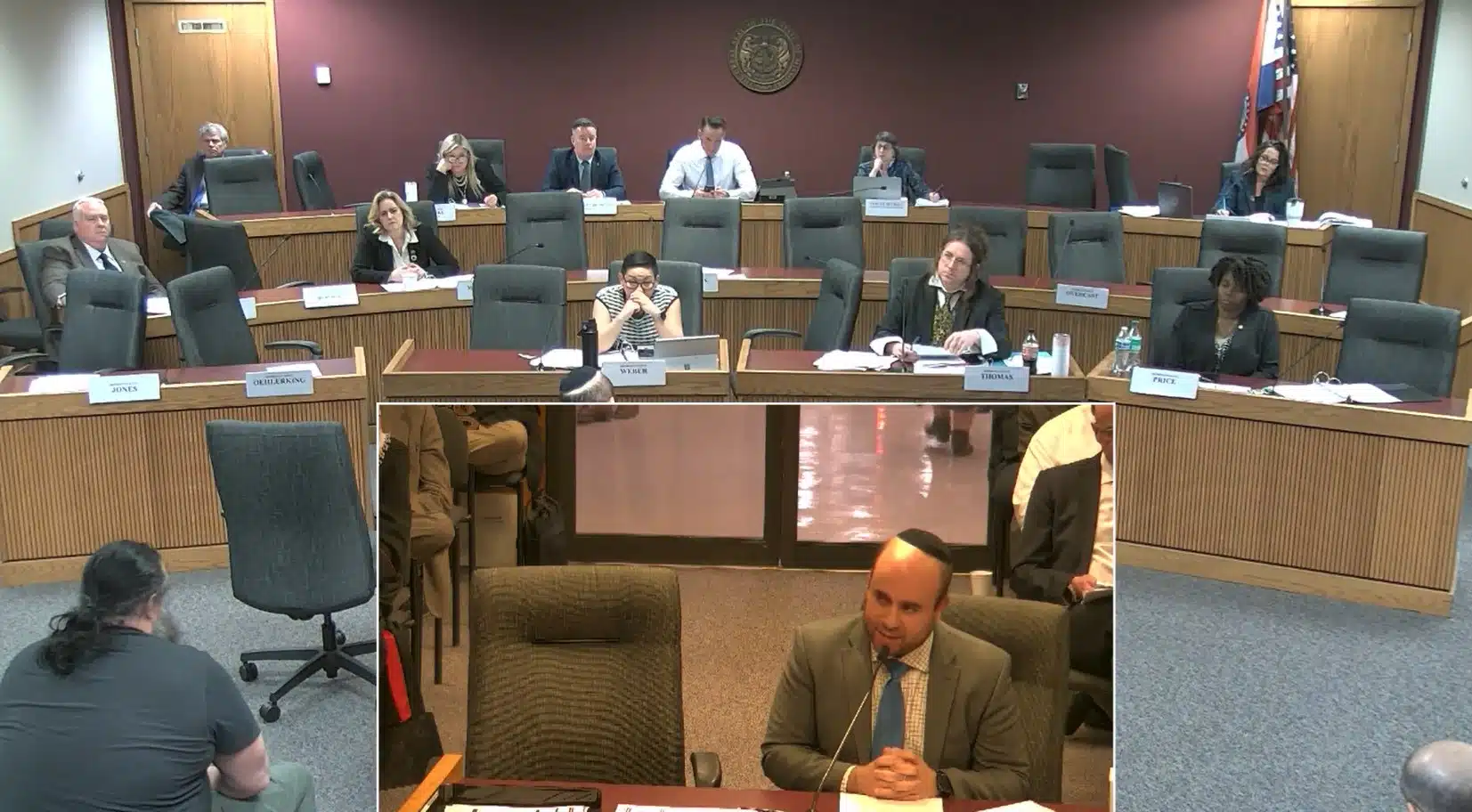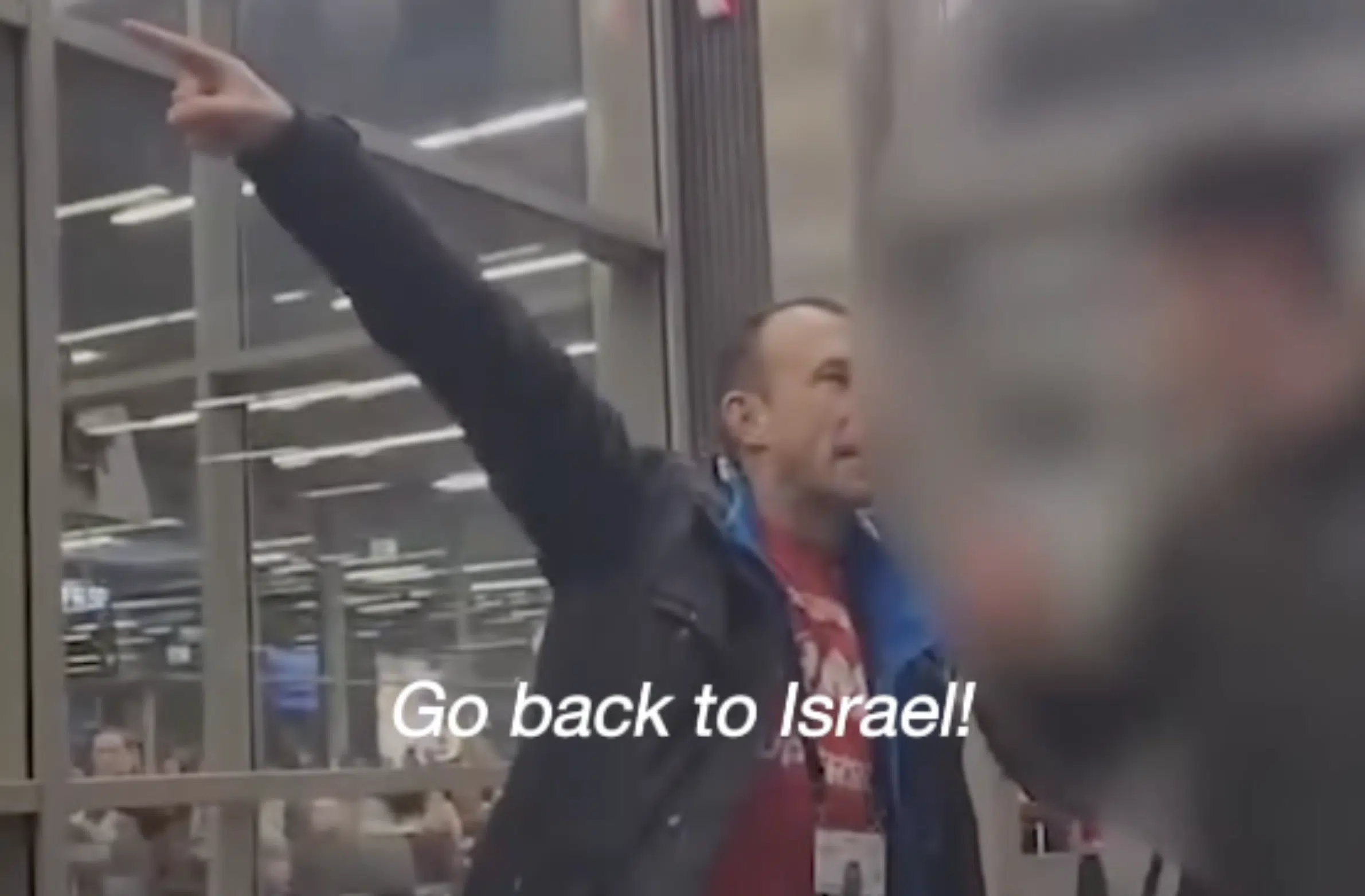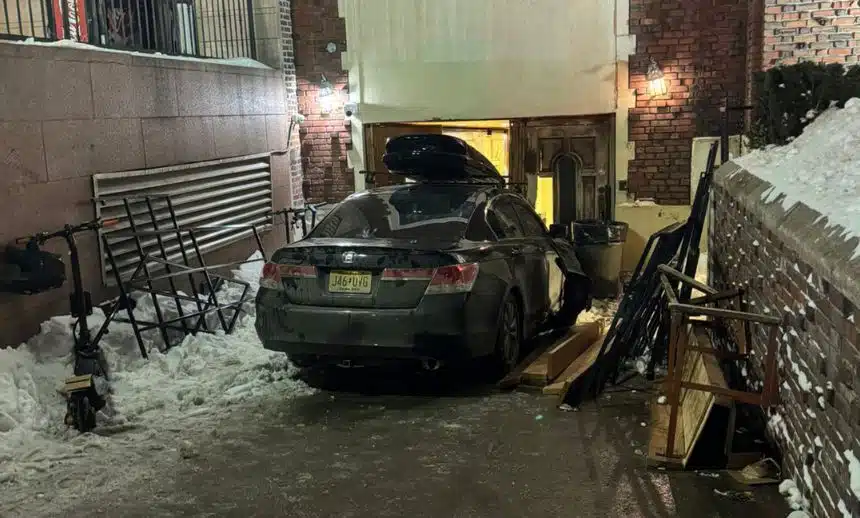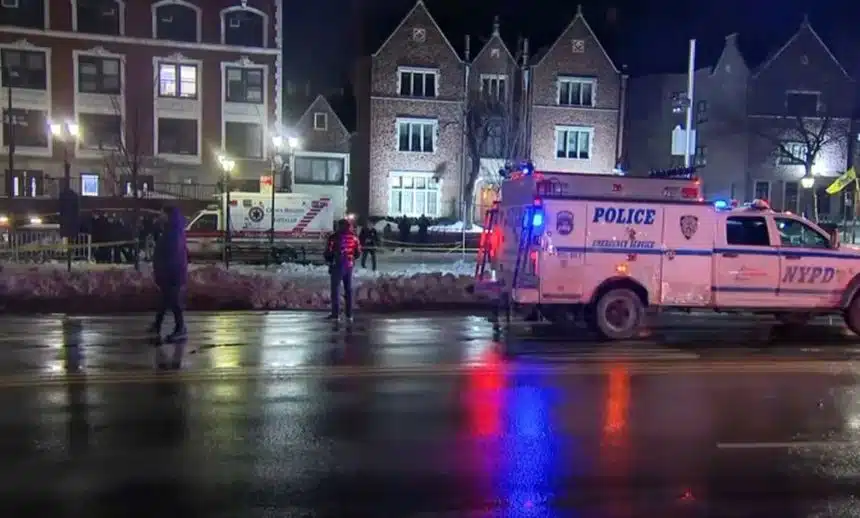|
Getting your Trinity Audio player ready...
|
The International Holocaust Remembrance Alliance (IHRA) concluded its second Plenary Meetings under the Croatian Presidency last week.
Around 240 experts, political officials, and representatives of international organizations and civil society participated in the four-day conference in Zagreb.
The forum was held against the backdrop of the global surge of antisemitism triggered by October 7th Hamas attack against Israel, with experts reporting 400%-1000% increases in incidents targeting Jews around the world.
Holocaust education, remembrance, and research in this new context were the focus of discussions at the meetings. The spike in antisemitism has coincided with a substantial decrease in visitors to Holocaust memorials and museums, canceled educational programs, and vandalism of Holocaust-related institutions in many IHRA member countries.
IHRA Co-Chairs Sara Lustig and Ambassador Terezija Gras said, “Today, we stand united, experts and those working at the political level, carrying the responsibility of the past through an uncertain present with a hope that we can still count on the future we imagined when the Stockholm Declaration was drafted.”
Ahead of the opening of the meetings, Croatian Prime Minister Andrej Plenković to delegation heads, “All of you here, as IHRA delegates, have dedicated your lives to countering antisemitism, safeguarding the record, and countering distortion. You amplify the voices of survivors each and every day.”
IHRA Advisor Dr. Robert J. Williams said that if you only understand the Holocaust through the eyes of the perpetrators, you cannot understand the victims and their individuality. “Hatred of Jews is the original sin of the West,” he noted. “We must tackle it if we ever hope to bring about a world that fights other hatreds and other forms of inequality. … Jews did not create antisemitism. We non-Jews did so. We have a responsibility to clean up our mess.”
At the meetings, several measures were approved aimed at safeguarding the historical record of the Holocaust, key to securing the future of remembrance. These included recommendations to help IHRA member countries advance archival access, as well as the adoption of the IHRA Charter for Safeguarding Sites, a product of the IHRA Safeguarding Sites Project expert team.
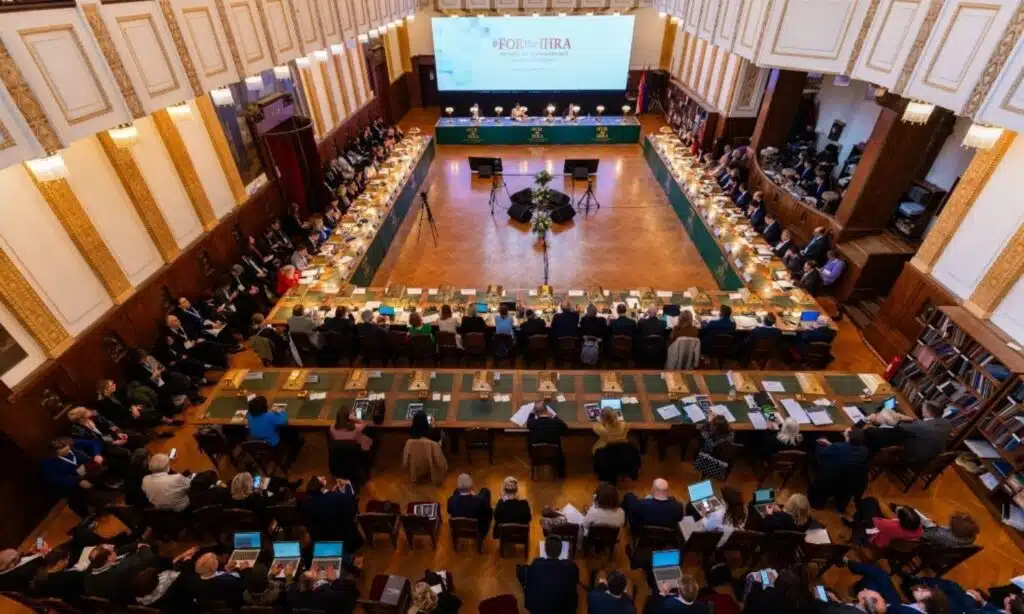
Ahead of the meetings, delegates were invited to visit Jasenovac Memorial Site and the Roma Memorial Center Uštica. Nina Obuljen Koržinek, Croatian Minister of Culture and Media, said, “By properly safeguarding sites, our delegates can ensure that sites are not used to distort or falsify history.”
Special workshop sessions allowed delegates to engage with newly-launched IHRA tools: a capacity building training program and website to counter Holocaust distortion, resources to safeguard the historical record through sites and archives, and a set of questions for reflection on Holocaust comparison.
In a move sure to strengthen historically-informed intergovernmental cooperation on genocide prevention, the IHRA decided to officially admit the Global Action Against Mass Atrocity Crimes (GAAMAC) as a Permanent International Partner.
The Plenary also marked the tenth anniversary of the IHRA’s Working Definition of Holocaust Denial and Distortion, and delegation heads took the opportunity to highlight how their countries are combating this emerging issue.
“Based on all the work we have seen at the Zagreb Plenary Meetings, we are reassured that our alliance is dedicated to preserving the testimonies of Holocaust survivors and witnesses, and to combating antisemitism and anti-Roma discrimination, and we strongly believe that through working together, we have ensured the future of remembrance,” Lustig and Gras concluded.

